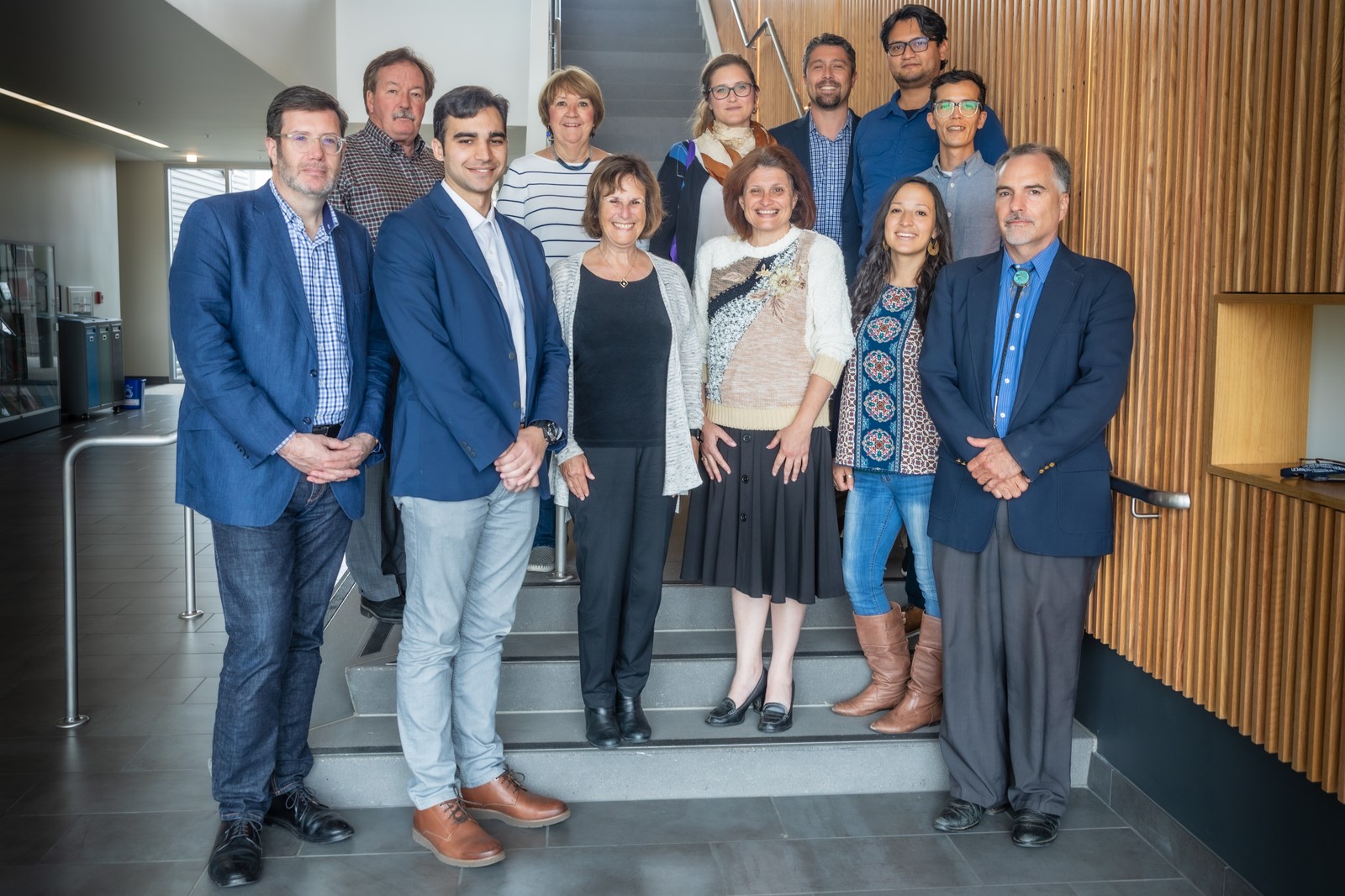A project at UC Merced, “Building Research Partnerships in the San Joaquin Valley,” fosters collaboration between humanities graduate students and local community partners. The eight scholars in the first cohort of Luce Fellows studied best practices for community-engaged scholarship and worked with their partners to develop four applied-research projects that are beneficial to the community.
Since his undergraduate days in Environmental Studies at Humboldt State University, Ivan Soto has aspired to produce research with a positive impact on the public — not just to benefit the academic community.
As a doctoral student in the Interdisciplinary Humanities at UC Merced, Soto is doing just that by producing humanities data that could influence and inform future water board decision-makers to understand the need for systemic change in California’s water monitoring for human health. His research examines the power dynamics of infrastructure and water politics through an environmental history of southernmost California’s Imperial Valley along the U.S.-Mexico borderlands.
“Water is an important issue in California. It has been, and it continues to be,” said Soto, who was born in Merced and raised in California’s Imperial Valley, two areas he hopes can benefit from his research.
Soto is one of eight UC Merced humanities graduate students participating in the collaborative project funded by a grant from the Henry Luce Foundation entitled “Building Research Partnerships in the San Joaquin Valley: Community Engaged Research and Graduate Mentorship in the Interdisciplinary Humanities.” The participants collaborate with community partners on projects that illustrate how humanities research can affect the local, regional and national dialogues on key issues.
“The character of the university; its relative smallness within the UC system; its location in a part of California that is not well-served by the UC system; its close connection to the city of Merced and community organizations — all of that creates a really interesting environment within which to pursue a project like this,” Henry Luce Foundation Vice President Sean Buffington said. “We’re very excited about the initiative and its potential as a model for other humanities doctoral programs.”







